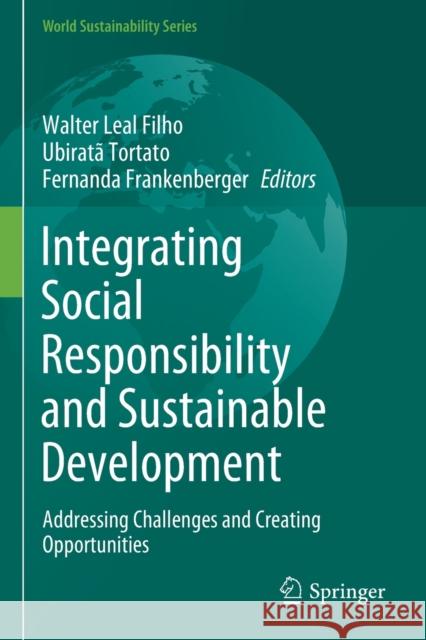Integrating Social Responsibility and Sustainable Development: Addressing Challenges and Creating Opportunities » książka
topmenu
Integrating Social Responsibility and Sustainable Development: Addressing Challenges and Creating Opportunities
ISBN-13: 9783030599775 / Angielski / Miękka / 2022 / 700 str.
Integrating Social Responsibility and Sustainable Development: Addressing Challenges and Creating Opportunities
ISBN-13: 9783030599775 / Angielski / Miękka / 2022 / 700 str.
cena 523,30
(netto: 498,38 VAT: 5%)
Najniższa cena z 30 dni: 501,19
(netto: 498,38 VAT: 5%)
Najniższa cena z 30 dni: 501,19
Termin realizacji zamówienia:
ok. 16-18 dni roboczych.
ok. 16-18 dni roboczych.
Darmowa dostawa!
Kategorie BISAC:
Wydawca:
Springer
Język:
Angielski
ISBN-13:
9783030599775
Rok wydania:
2022
Ilość stron:
700
Waga:
0.95 kg
Wymiary:
23.39 x 15.6 x 3.56
Oprawa:
Miękka
Wolumenów:
01
Dodatkowe informacje:
Wydanie ilustrowane











